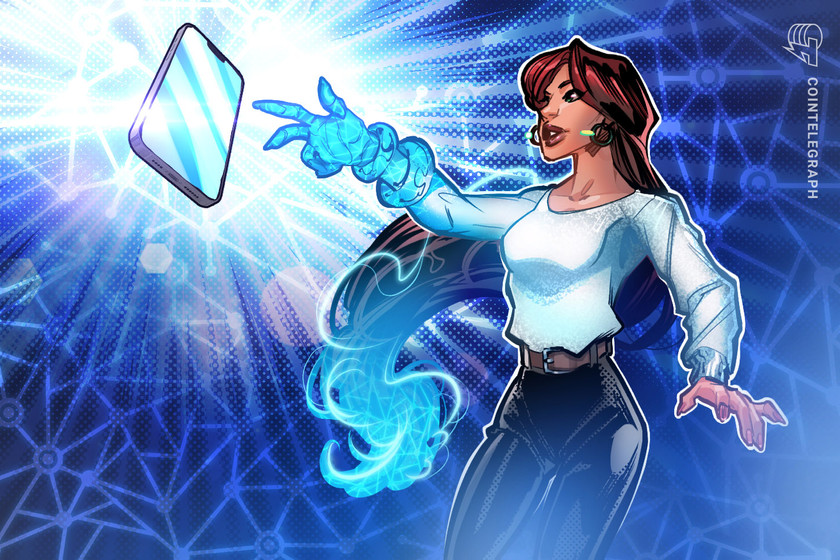Experts clash on where virtual reality sits in the Metaverse


Experts have given mixed views on what role virtual reality technology will have in the Metaverse.
Virtual reality (VR) will eventually have a place within the Metaverse, but not for the foreseeable future given its slow adoption rates, according to experts.
There isn’t much that can rival the experience of having one’s senses almost immersed in a virtual world — which is why many believe that the technology will have a natural fit for the Metaverse.
It’s a technology that Mark Zuckerberg’s Meta is betting big on by introducing Meta accounts that it says will allow users to access its Meta Horizons platform more easily through Oculus VR headsets.
Founder and CEO of metaverse platform CEEK Mary Spio is also one waving the VR metaverse flag. In an interview with Cointelgraph, Spio argues that the true power of a Metaverse cannot be realized unless users are totally immersed through the use of VR devices.
Spio’s metaverse platform CEEK helps digital content creators, including musicians and athletes, connect directly with their fanbase in a virtual world setting.
Spio said that her platform opted for a focus on VR immersion because “the benefits of the Metaverse cannot be fully realized in the non-VR mode:”
“Virtual Reality enables full immersion and creates that sense of presence, real emotions and memories; no different than actually being at a time and place in real life.”
However, Spio admits that their metaverse needs to allow for both VR and non-VR accessibility, as content, ease of use, and accessibility are all still required for the mass adoption of VR technology.
She believes that a “quantum leap will be in the next two to three years” for Metaverse and VR adoption.
Janine Yorio, CEO of metaverse ecosystem developer Everyrealm, however, disagrees.
To Yorio, Metaverse platforms and VR technology should develop exclusively of each other without mutual consideration.
By her estimation, a very small portion of Metaverse experiences are being built for VR like CEEK, noting VR making a significant change in the world likely won’t happen in any meaningful horizon.
The reasons for this lie in “technological obstacles” and simple human preference for the most casual applications of technology:
“People typically game or engage with technology while they are doing something else. That is impossible when using a VR headset which effectively blocks out the rest of the world and makes the user physically vulnerable while using it.”
Her view is backed by the numbers, as Statista found that the VR market size was about $4.8 billion in 2021 from only 2.4 headsets per hundred households, according to Virtual Reality Marketing. Compare that to Web2 metaverse companies that enjoy a $14.8 trillion market cap and the metaverse token market worth $7.1 billion, according to CoinGecko.
Related: The opportunities and risks of Metaverse for small businesses
Meanwhile, the creative and technical director at Human Park, Rick Pearce, took a middle-ground stance on the issue.
He told Cointelegraph in an interview that it might be five to ten years before VR becomes a Metaverse-ready item due to developer-side limitations, as well as the various hurdles to mass adoption — though he admitted that VR implementation “isn’t off the cards.”
To Pearce, the main hurdle is the headset, which he says Oculus has solved for the most part by making the device more accessible. However, connectivity and gameplay will remain a difficult challenge for least the next five years.
Pearce added that some of the limitations of integrating VR and the Metaverse may have no solution because of “physical limitations that stop those things from connecting on a fundamental level:”
“When we saw VR kickoff, you could see that there was potential. But the mechanical components to be able to deliver a sustained enjoyable experience just weren’t there, and they still aren’t now.”
Human Park has not yet implemented VR to its platform, but says it is a possibility for the future.



